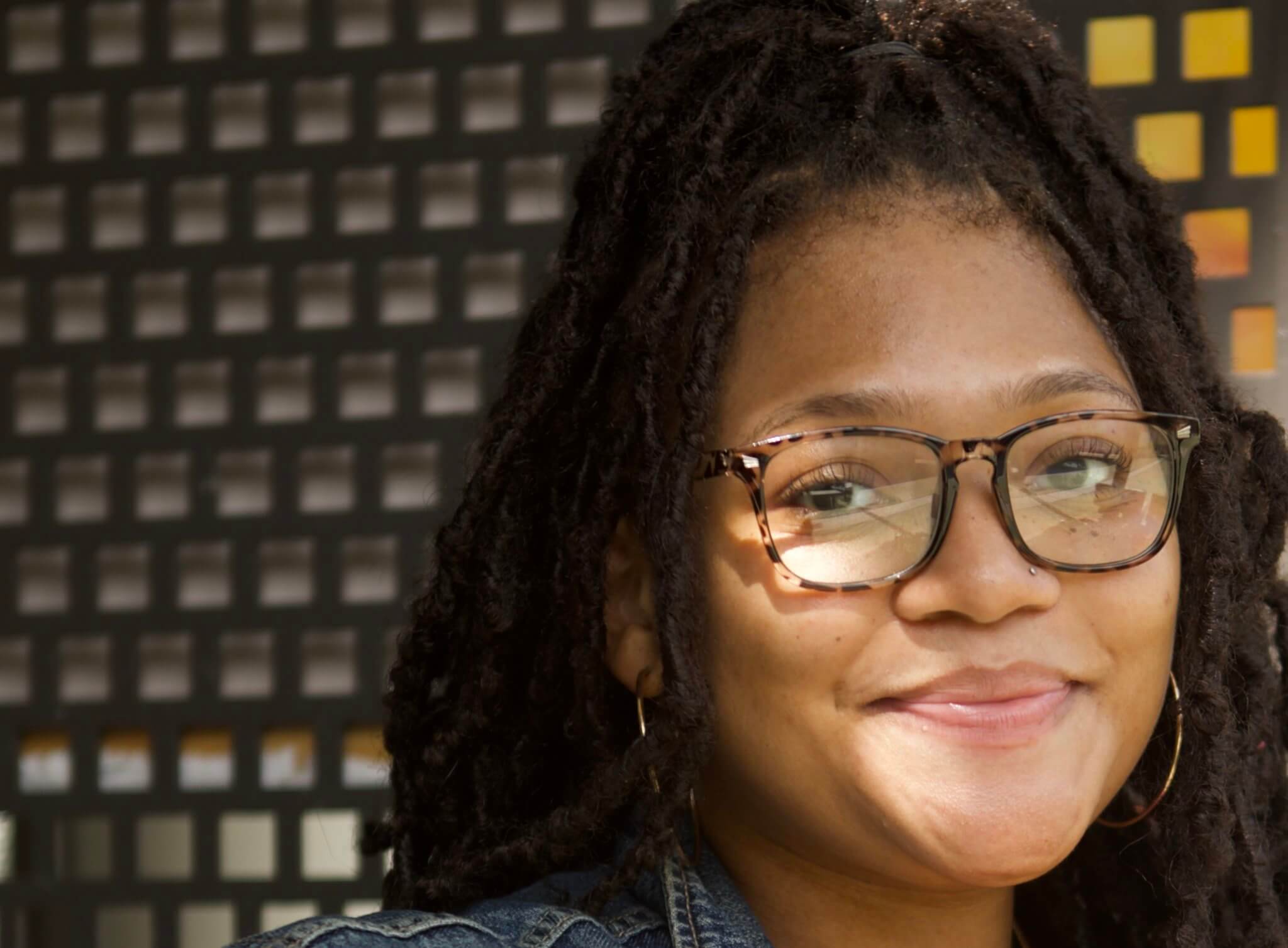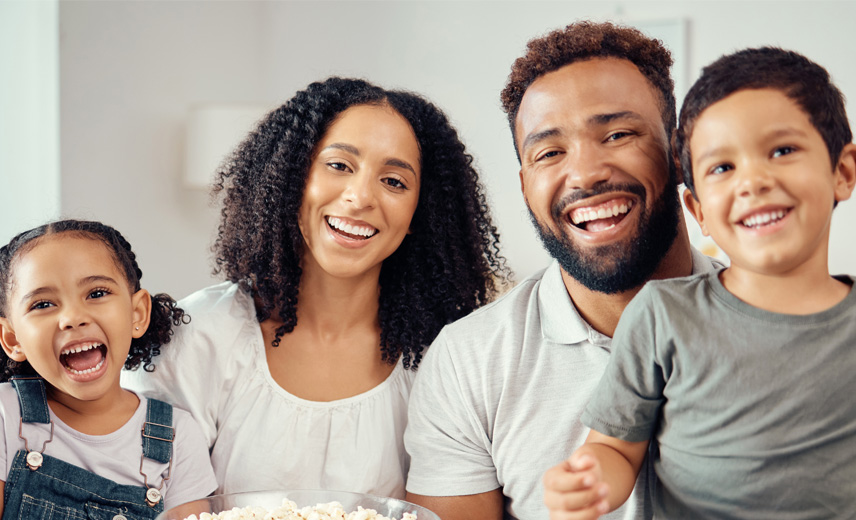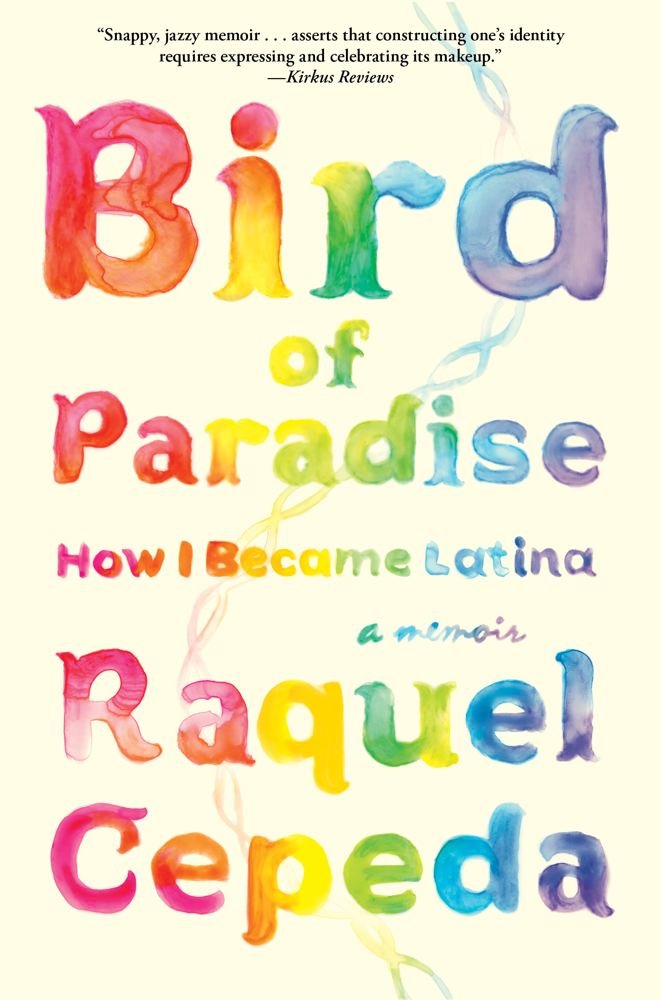Afro-Latinx Líderes Avanzando Fellow Josefina Ewins on Using Her Story and Studies to Build Progressive Policy Frameworks for Federal Agencies and Nonprofits
This past year, UnidosUS launched its first-ever Afro-Latinx Líderes Avanzando Fellowship. The program is geared to first-generation students pursuing their undergraduate, graduate, or doctoral degrees and recent college graduates who identify as Afro-Latinx and are passionate about racial equity and making meaningful change in their campus community, workplace, and beyond. ProgressReport.co will be publishing profiles of the participants throughout the spring and summer.
Rutgers University senior Josefina Ewins, a double major in political science and philosophy, spent her youth in New Jersey trying but rarely feeling she was winning an awkward interrogation game she calls the “Ethnicity Olympics.”
Ewins attended grade school and midde school at a predominately white private school, where the concept of being both Black and Latino was lost on most of her teachers and peers. The one thing that braced her for the “Ethnicity Olympics” was hearing her Afro-Panamanian father talk about the questions and comments he constantly received about his identity.
“People used to say to him, ‘what are you? You must be Caribbean or something because there’s no way you could be Latin while Black,’” reflects Ewins.
Never mind that a quick look at a map will reveal the Caribbean Sea lining the coasts of many Latin American countries. Never mind that people of Caribbean and Latin American descent share similar experiences with colonialism or that, over the last 500+ years, many Caribbean and Latin American nations have been occupied by not one but several of the world’s most imperialist states.
Any time Ewins mentioned that she was a Black Panamanian, she would be asked if she spoke Spanish, if she had a different accent, and what kinds of foods she ate. Then she’d find that she was also answering questions about her dad. They were questions she didn’t always know how to answer, at least not as a kid. For one, how does he speak both Spanish and Patois, a kind of Creole commonly spoken in the English-speaking Caribbean?
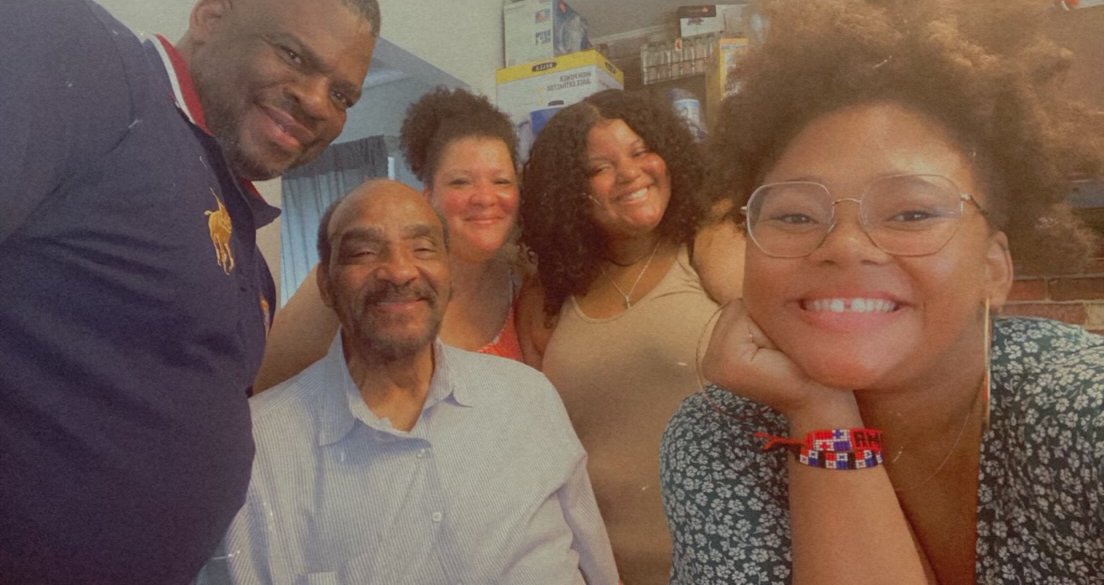
“Sometimes I would get to the point where I’d just give up and be like, ‘oh, he’s Jamaican and he speaks Spanish.’ Like that’s the best you can understand. And that is really sad,” she says.
At the beginning of the 20th Century, tens of thousands of Black Caribbean workers from the British West Indies came to Central America to build the Panama Canal. But as time went on, what made them or their offspring any less Latinx than anyone else in that country?
Ewins says she’s grateful that her parents wanted to put her in spaces of privilege, spaces where she might view the world through a different lens. And yet, she says, “it’s really hard to come to understand who I am to myself, let alone explain that to other people.”
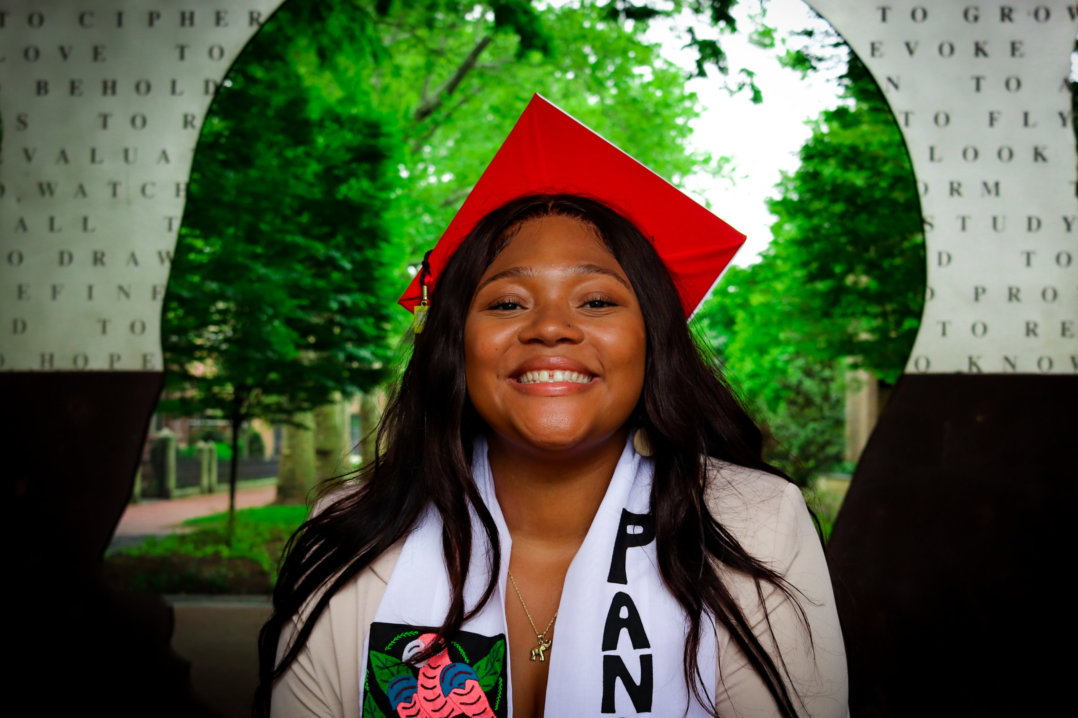
Finding Those Who Mirror the Afro-Latinx Experience
It wasn’t until the ninth grade that Ewins finally felt she could just be. That’s the year she enrolled in a public high school and became best friends with a Dominican student.
“Oh yeah, you’re Panamanian. Of course you are,” her Dominican friend told her.
“She was the first person who did not question my identity,” says Ewins.
While Ewins laments that it took so long to find someone who just got her, she’s determined to improve that outlook for the lives of Afro-Latinx folks across the Americas. She says the UnidosUS Afro-Latinx Líderes Avanzando Fellowship has given her the philosophical and mental fortitude she needs to take on that challenge.
“It just surrounds me and encompasses me and covers me in a warm blanket of this understanding that my identity is something that can be shared and that there’s also people who share this identity with me,” she says. “It’s strengthened my understanding of myself and really given me that sense of community that was missing in my hometown.”
One of the program highlights for Ewins was a midpoint, in-person conference hosted in February at Miami’s Little Haiti Cultural Complex.
“Walking around Miami and just feeling the Caribbean vibes or the Caribeño-Latinx clash, it just feels like home,” says Ewins, noting the city’s cultural collisions – or fusions – of everything from art and language to physical appearance. “What I see around Miami is what I see in Panama: people who look like me, who look like my family.”
The more she can imbibe that existence, the more inspired and able she is to relate it back to other people, and not just as a happy-hour geography lesson.
“I don’t want to say that Afro-Latinx people are a hidden gem, because we’re not hidden. We’re everyday people with everyday lives,” Ewins says.
Recognizing Afro-Latinx Identity as a Step Toward Social and Emotional Well-Being
In addition to creating a safe online and in-person community where Afro-Latinx people can talk and reflect on who they are, the fellows worked in teams throughout the 2021-2022 academic year to develop policy memos on topics such as free community college, diversifying the education workforce, and Ewins’ team’s focus: providing culturally responsive mental health support for K-12 students.
Ewins says she certainly could have used more of that support during her childhood, but she’s still grateful to be getting it now in the fellowship.
“Having my cohort around me really felt like home in a different way,” she says. “It’s nice to be around family, but a family that’s also goal oriented and focused on the interests that you’re homing in on just does something special to the work you want to accomplish.”
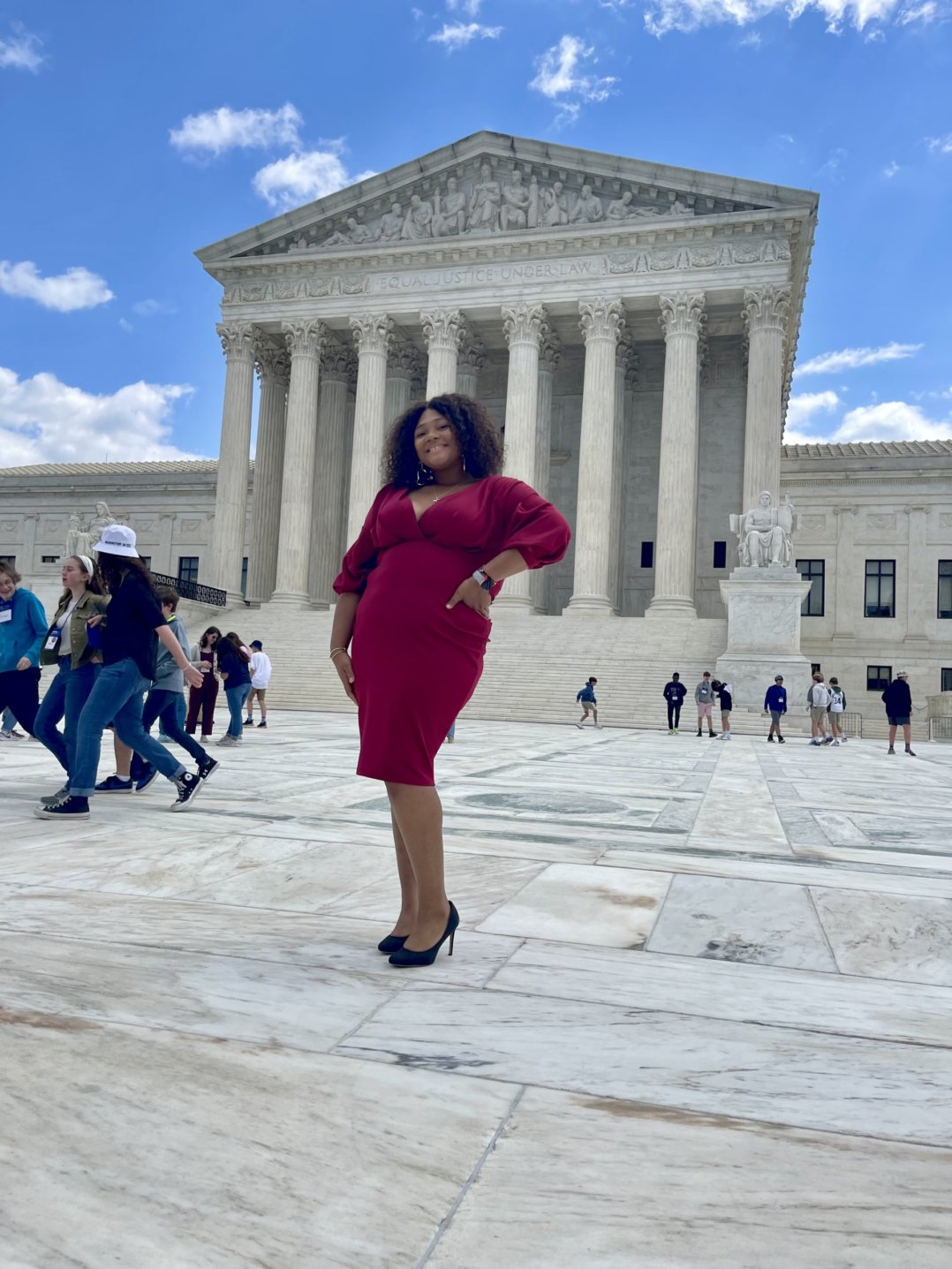
This spring, Ewins and her colleagues came to Washington, D.C., to present their policy memos.
“It was really affirming and inspiring to continue the work that we are doing as a collective, opening the spaces and lifting the voices of marginalized communities,” says Ewins.
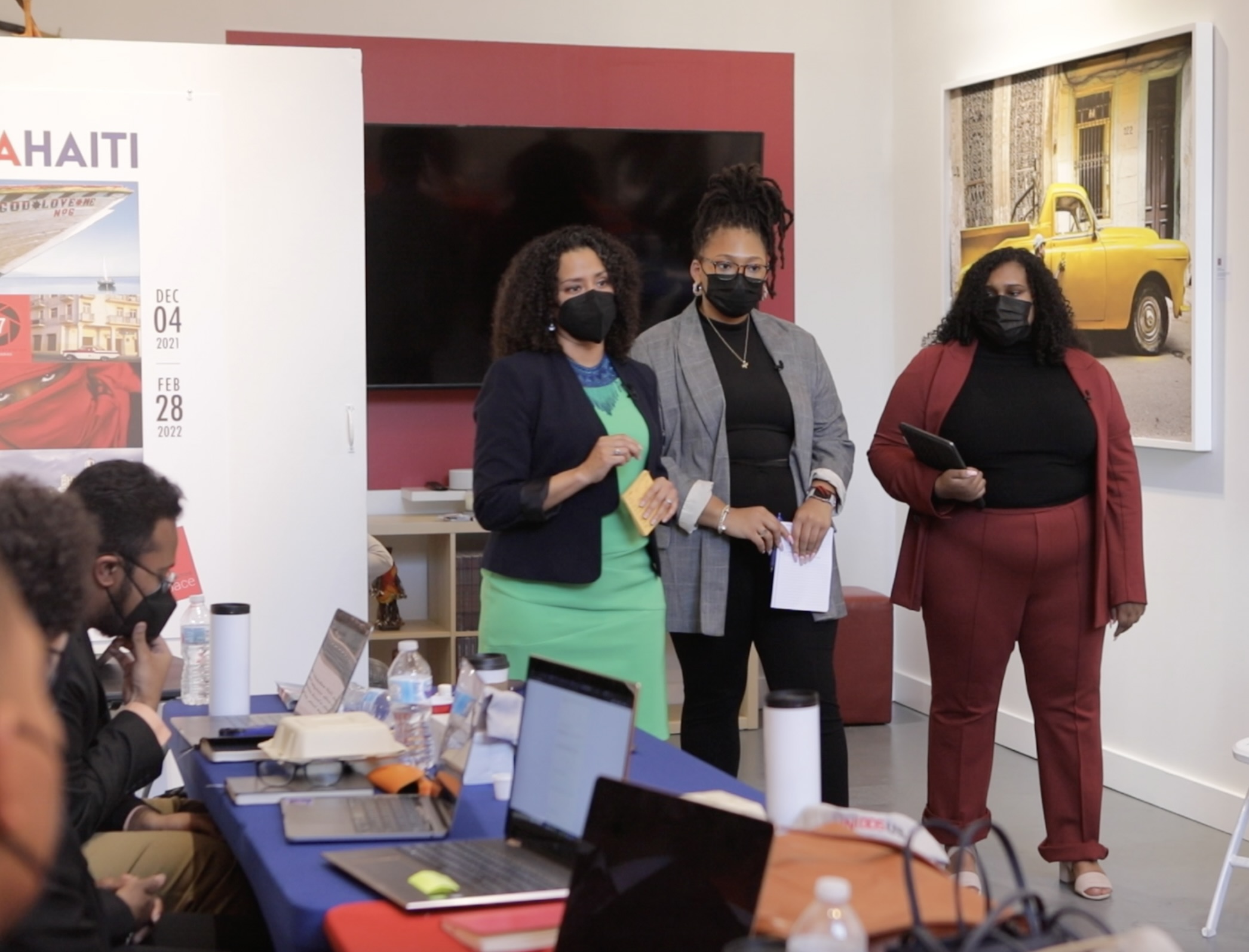
In May, she graduated from Rutgers with her bachelor’s degree, and she will continue there in the fall for a master’s in public administration. After that, she hopes the various parts of her story and her studies will all come together to build progressive policy frameworks for federal agencies and nonprofits.
In so doing, she hopes the public will become more curious and concerned, more aware and enlightend, and also more careful about Ethnicity Olympics quiz.
“I just want to create that intersection of my identity and politics,” she says, “while using philosophy to back it up.”
-Author Julienne Gage is an UnidosUS senior web content contributor and the former editor of ProgressReport.co.


